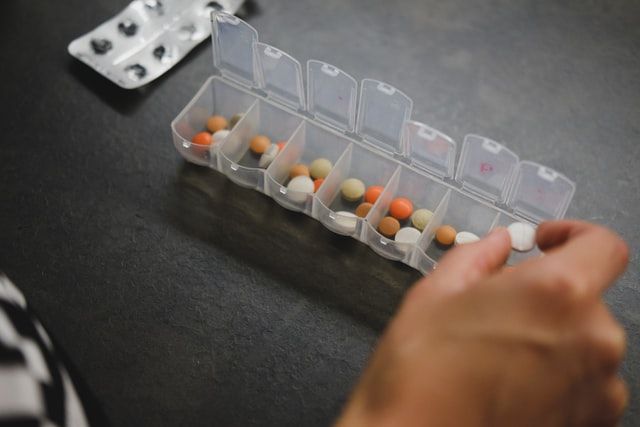Donating blood – a voluntary life-giving act that can save lives – is still a scary prospect. Despite decades of research and awareness campaigns, this gift of life from a healthy person to the sick or injured is shrouded in mystery. We bust 10 most common blood donation myths on World Blood Donor Day 2020.
Myth 1: I won’t have enough blood left in my body
Truth: The amount of blood that will be collected from your body is 500 ml – half a litre – is one-tenth of how much you have in your system. The average adult has 4.5 to 5.5 litres of blood circulating inside the body. Your body will replenish the fluid you’ve lost while donating. Moreover, if you hydrate yourself properly after the procedure, your body will recover the lost blood within a few hours!
Myth 2: I will get coronavirus from blood donation/ transfusion
Truth: Not a single case of COVID-19 has been reported anywhere in the world from the act of giving blood or from transfusion. In fact, medical organisations are urging healthy people to volunteer for this during the pandemic since there’s a shortage and it’s tough to organise medical camps.
Myth 3: Collection centres aren’t safe during the pandemic
Truth: The Ministry of Health and Family Welfare (MoHFW) has issued an advisory for all blood banks and collection centres on guidelines to follow during COVID-19. They are being monitored by each state for strict adherence to standard procedures, hygiene and social distancing norms. Personnel at the blood collection centre will check your temperature and ask you to use a sanitiser.
Myth 4: I will pass out from blood loss
Truth: After the procedure is complete, blood donors are usually in the same state that they came in. If you do feel faint while giving blood, it’s most likely not because of blood loss since you’re losing only 500 ml of it in a whole-blood donation.

The most probable cause is an empty stomach or dehydration so make sure you have a wholesome meal and drink enough water before you arrive at the blood bank.
Myth 5: Blood donation is painful
Truth: Among the major blood donation myths – and tattooing myths for that matter – is the one about pain. You might feel a tingling sensation for a couple of seconds when the needle is inserted into your arm. Other than that, doctors say there’s no other discomfort during the process. In fact, you will be leaving the blood bank with warmth in your beating heart from having done a good deed that day.
Myth 6: I might contract HIV or Hepatitis B virus
Truth: You won’t be contracting any viruses while giving blood since you’re not coming in contact with a patient. Brand new sterilised needles are used for every blood donation; they are discarded immediately after one use. So, chances of developing any kind of infection – viral or bacterial – are zero.
Myth 7: It will take a whole lot of time
Truth: The process itself takes 30 minutes. Add a few minutes more to the half-hour for preliminary checks and form filling. That’s a small chunk taken out of your average 24-hour day. Regular blood donors have been known to do this during lunch breaks, even.
Myth 8: I can’t donate blood because I have high cholesterol/ hypertension
Truth: While there are certain conditions that would disqualify you from becoming a donor – HIV, hepatitis, Type 1 diabetes – high cholesterol is certainly not one of them. Scores of blood donors have hypertension. The biochemical parameters need to be within the acceptable limit. You can safely give blood as long as you’re healthy and your blood pressure before the procedure is under 180 systolic and below 100 diastolic.
Myth 9: I can’t be a donor since I’m on antibiotics
Truth: As we’ve mentioned before, having high cholesterol doesn’t disqualify you from being a donor, nor does medication for it. As for antibiotics or other medication you may be on for a certain health condition, as long as you’re not suffering from a bacterial, viral or fungal infection, you can volunteer to give blood. Check with the staff at the blood bank if the medicine you’re taking falls in the list of no-nos. Certain steroids, hormones or anticoagulants might be on that list.


